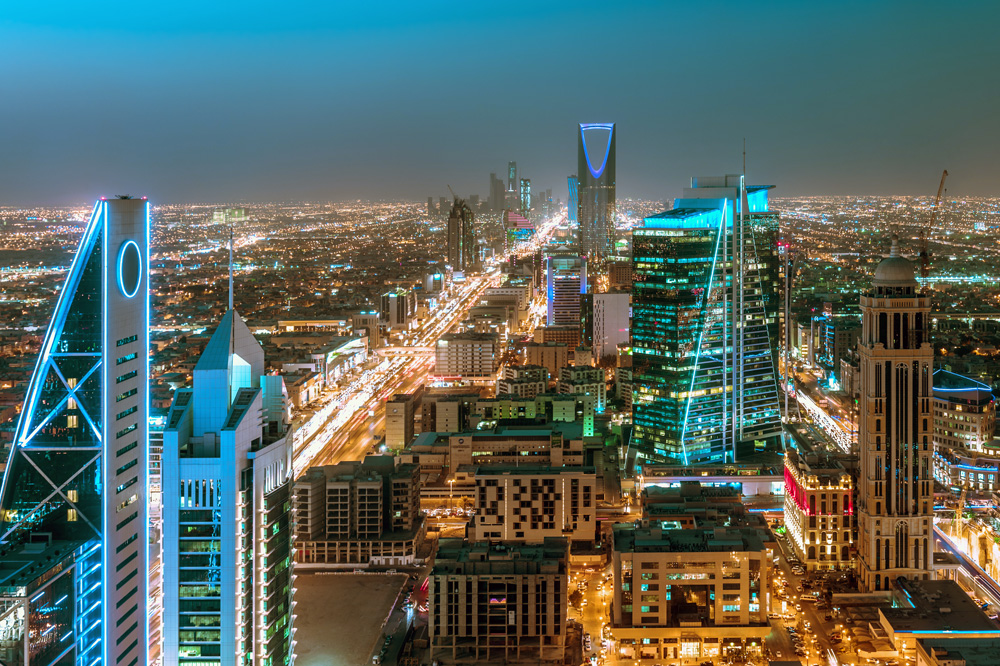
As King Abdul Aziz International Airport (KAIA) in the Saudi Arabian city of Jeddah continues to run experimental operations with the aim of being fully operational next year, the Kingdom is already working on other projects that are set to make it an international logistics hub. Significant investments are already being made with regards to upgrading its aviation sector, as well as in constructing ports, railways, and roads.
Last year, around 92 million passengers used Saudi Arabia’s airports, an almost 8 percent growth in passenger traffic over the previous year, and this number is expected to rise. In fact, projections made in 2015 by the International Air Transport Association (IATA) show that passenger demand worldwide will double in 2035, reaching 7.2 billion.
With a GDP of SAR 2.4 trillion (over 640 billion US dollars), Saudi Arabia’s economy is currently the largest in the Middle East. As it works towards its Vision 2030 goals, which collectively aim at diversifying and expanding its economy, the Kingdom understands the importance of establishing new business partnerships, developing its aviation sector, and ensuring a more efficient transportation of people and good.
Dr. Nabil bin Mohammed Al-Amoudi, Minister of Transport, said in a recent statement that KAIA is just one of many key projects that will allow Saudi Arabia to play a greater role as a regional hub for transport and logistical services, as well as an international logistics hub that would link three continents – Europe, Asia, and Africa – by a sophisticated network of land, maritime, and air transport. If successful, the plan will increase job openings in the transport sector by 4 percent by 2021, while boosting the growth of the non-oil sector by 5 percent.
In addition, Saudi Arabia is planning to allow the privatization of all airports in the future. For now, the privatization process is on hold until the country accomplishes its Vision 2030 goals of generating employment for the youth and strengthening the economy. Until then, the Kingdom is undertaking two airport projects in Qassim and Hail. It is also in the process of transforming the King Khalid International Airport in Riyadh (as well as all future airports) into a smart airport.

















